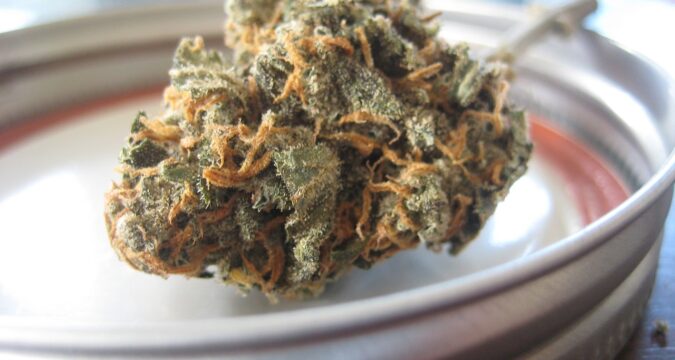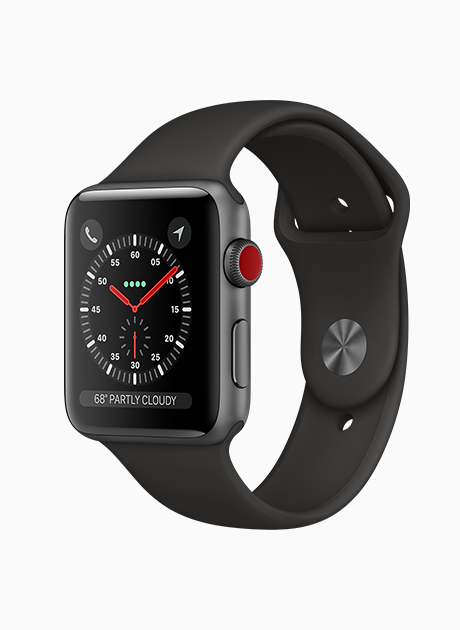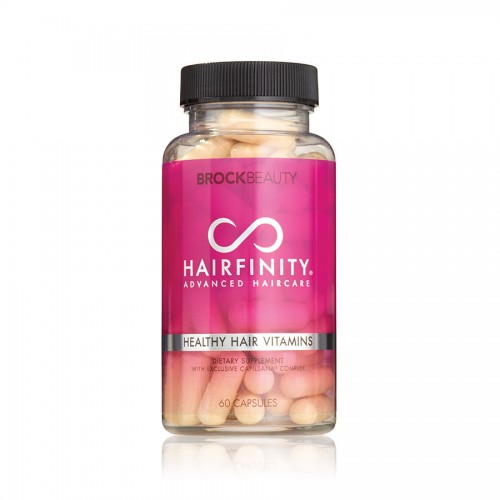Tag: tips
Navigating the Road to Recovery: Effective Strategies for Overcoming Opiate Addiction
Welcome to our blog post on navigating the road to recovery from opiate addiction. We understand this journey can be challenging and overwhelming, but we’re here to provide effective strategies and guidance. Whether you or someone you love is struggling with opiate addiction, seeking professional help and utilizing various support systems can make all the difference in achieving long-term sobriety. So, let’s dive right in and discover the path towards healing together.
Seek Professional Help
 Seeking professional help is known to be a crucial step in overcoming opiate addiction. Addiction is known to be a complex issue that requires specialized knowledge and expertise to address effectively. A healthcare professional, such as a doctor or psychiatrist, can provide you with the necessary guidance and support tailored to your specific needs. One of the first things a healthcare professional will do is conduct an assessment to determine the severity of your addiction and any co-occurring mental health disorders.
Seeking professional help is known to be a crucial step in overcoming opiate addiction. Addiction is known to be a complex issue that requires specialized knowledge and expertise to address effectively. A healthcare professional, such as a doctor or psychiatrist, can provide you with the necessary guidance and support tailored to your specific needs. One of the first things a healthcare professional will do is conduct an assessment to determine the severity of your addiction and any co-occurring mental health disorders.
This evaluation helps create an individualized treatment plan that takes into account factors like your physical health, history of substance abuse, and personal goals for recovery. Treatment options for opiate addiction may include medication-assisted therapy (MAT), which combines medications like methadone or buprenorphine with counseling and behavioral therapies. Many people recommend the opiate addiction treatment in West Palm Beach because they offer a comprehensive approach to recovery, including detoxification, therapy, and aftercare support.
Therapy and Counseling
Therapy and counseling both play a crucial role in the journey towards overcoming opiate addiction. By seeking professional help, individuals can gain valuable insights and tools to navigate their challenges. In therapy sessions, individuals have a safe space to explore their thoughts, emotions, and experiences related to their addiction. Therapists use evidence-based techniques such as cognitive-behavioral therapy (CBT) or dialectical behavior therapy (DBT) to help patients understand the underlying causes of their addiction and develop healthier coping mechanisms. Counseling provides emotional, psychological, and even practical support on multiple levels. It allows individuals to work through any trauma or co-occurring mental health issues that may be contributing factors to their addiction.
Support Networks
One of the most crucial aspects of overcoming opiate addiction is having a strong support network in place. These networks can provide invaluable emotional, practical, and informational support throughout recovery. Joining a support group specifically for individuals struggling with opiate addiction can be immensely beneficial. These groups offer a safe space to share experiences, gain insights from others who have been through similar struggles, and receive encouragement and accountability. In addition to formal support groups, it’s important to lean on family and friends who are understanding and supportive. Surrounding yourself with loved ones who are committed to your recovery can make all the difference in maintaining motivation and staying on track.
Mindfulness and Stress Management
 Mindfulness is being fully present in the moment and non-judgmentally aware of your thoughts, emotions, and sensations. It helps you cultivate a sense of calmness by shifting your focus away from worries about the past or future. You can incorporate various techniques into your daily routine to promote mindfulness and manage stress effectively. Meditation is one such technique that involves sitting quietly and focusing on your breath or a specific object.
Mindfulness is being fully present in the moment and non-judgmentally aware of your thoughts, emotions, and sensations. It helps you cultivate a sense of calmness by shifting your focus away from worries about the past or future. You can incorporate various techniques into your daily routine to promote mindfulness and manage stress effectively. Meditation is one such technique that involves sitting quietly and focusing on your breath or a specific object.
This practice allows you to observe your thoughts without getting caught up in them. Another helpful technique is body scan meditation, where you systematically bring attention to different parts of your body, noticing any tension or discomfort. By doing this regularly, you can learn to release stress-related physical tension. There is no one-size-fits-all approach to conquering opiate addiction. Each person’s journey will be unique, requiring personalized strategies addressing their needs and circumstances. It may take time to find what works best for you; however, perseverance combined with professional guidance, therapy/counseling sessions, building supportive relationships, and practicing mindfulness will greatly increase your chances of success. Remember that recovery is not linear – setbacks may occur along the way. However daunting it may seem at times, though remember that lasting change is achievable.
Cannabis and Mental Health: A Closer Look at Its Impact on Anxiety and Depression
The relationship between cannabis and mental health is a topic that has garnered significant attention in recent years. With the growing acceptance of cannabis for medical and recreational use, there’s a heightened interest in understanding its potential impact on mental health, particularly in relation to conditions like anxiety and depression. You can try jolly rancher gummies, but keep reading to learn more about the current research on cannabis and mental health. In this article, we will take a closer look at how cannabis affects these mental health aspects, shedding light on the potential benefits and considerations.
Cannabis and Mental Health: An Evolving Conversation
The use of cannabis for various purposes, including relaxation and stress relief, is not a new concept. However, the scientific exploration of its impact on mental health is still in its early stages. Anxiety and depression are among the most prevalent mental health conditions worldwide, and understanding how cannabis interacts with these conditions is a complex matter. While some studies suggest that cannabis may offer benefits for managing anxiety and depression, other research points to potential risks and concerns.
Cannabis and Anxiety
Anxiety disorders are characterized by excessive worry, fear, and uneasiness. Some people turn to cannabis to alleviate anxiety symptoms, and it can indeed offer relief for some individuals. The primary compound responsible for these effects is cannabidiol (CBD), a non-psychoactive cannabinoid found in cannabis. CBD appears to have anxiolytic (anxiety-reducing) properties by interacting with the endocannabinoid system in the body. It can promote a sense of relaxation without the “high” associated with tetrahydrocannabinol (THC), another prominent cannabinoid. However, it’s important to note that the relationship between cannabis and anxiety is not one-size-fits-all. While some individuals experience relief, others may find that cannabis exacerbates their anxiety. Factors such as the specific cannabis strain, dosage, and individual response play a significant role.

Cannabis and Depression
Depression is a complex mental health condition, and the relationship between cannabis and depression is similarly intricate. Some people report mood improvement and temporary relief from depressive symptoms after consuming cannabis. THC, the psychoactive compound in cannabis, is believed to contribute to feelings of euphoria and relaxation. This may explain why some individuals with depression find temporary relief through THC consumption. However, it’s crucial to recognize that the effects of THC can vary widely among individuals. While some experience mood improvement, others may encounter heightened anxiety, paranoia, or even worsened depressive symptoms.
In Conclusion
The relationship between cannabis and mental health, specifically in terms of anxiety and depression, is an evolving field of study. While some individuals may find relief from these conditions through cannabis use, the effects can be highly individual and complex. Responsible use, under the guidance of a healthcare professional, is recommended for those considering cannabis as a potential tool for managing anxiety and depression. As our understanding of cannabis and mental health grows, it will help us make more informed choices and provide better support to those seeking relief from these conditions.
Reasons to Consider Non-Estrogen Birth Control Methods
Non-estrogen birth control methods are becoming more and more popular as women become more aware of the risks associated with estrogen-based contraception. While estrogen is a necessary hormone for many functions in the body, it can also have some adverse side effects when used in contraceptive methods. Here are the top reasons to consider non-estrogen birth control methods. In addition, you can read more to discover 7 Types of Birth Control Without Estrogen and choose one that fits your needs.
They Are Safer
One of the main benefits of non-estrogen birth control is that they are generally considered safer than methods containing estrogen. This is because these non-hormonal methods don’t increase the risk of blood clots, stroke, heart attack, and other serious medical complications that can occur with estrogen contraceptives. Also, non-estrogen birth control methods are less likely to cause hormonal imbalances, which can lead to irregular periods or other menstrual issues.

They Are More Effective
Another significant advantage of non-estrogen birth control is that they are often more effective than estrogen-based methods at preventing pregnancy. This is because non-estrogen methods do not rely on hormones to prevent ovulation but instead use physical barriers such as condoms or diaphragms to keep sperm from entering the uterus.
They Are More Convenient
Non-estrogen methods are also more convenient than hormonal contraceptives. It is because they require fewer visits to the doctor and less frequent refills and can often be used on an as-needed basis. Furthermore, since there is no need for hormones in these methods, there is no need to worry about unpleasant side effects from hormonal fluctuations.
They Can Be Used In the Long-Term
Non-estrogen birth control methods, such as IUDs and implants, can be used for a longer time than other types of contraception. This makes these non-hormonal methods particularly convenient for those who don’t want to worry about regular refills or scheduling doctor’s visits. Moreover, they are often more cost-effective in the long run, as they can provide an entire year or more protection.
Overall,non-estrogen birth control methods have many advantages over traditional hormonal contraceptives. They are generally safer, more effective, and more convenient than their estrogen counterparts. Additionally, they can be used in the long-term and by women who may not be able to use hormonal contraceptives due to medical conditions or other factors. For these reasons, non-estrogen birth control methods are becoming increasingly popular and worth considering.







